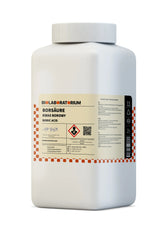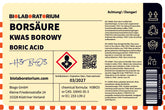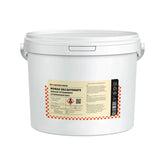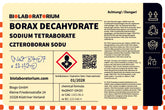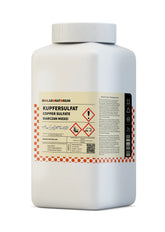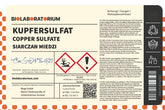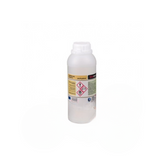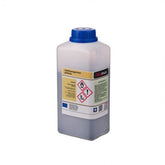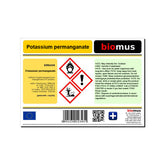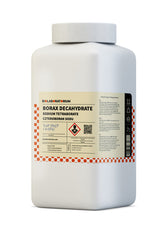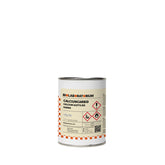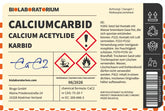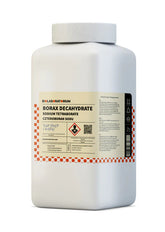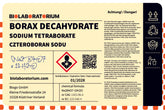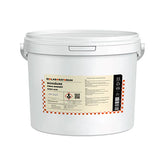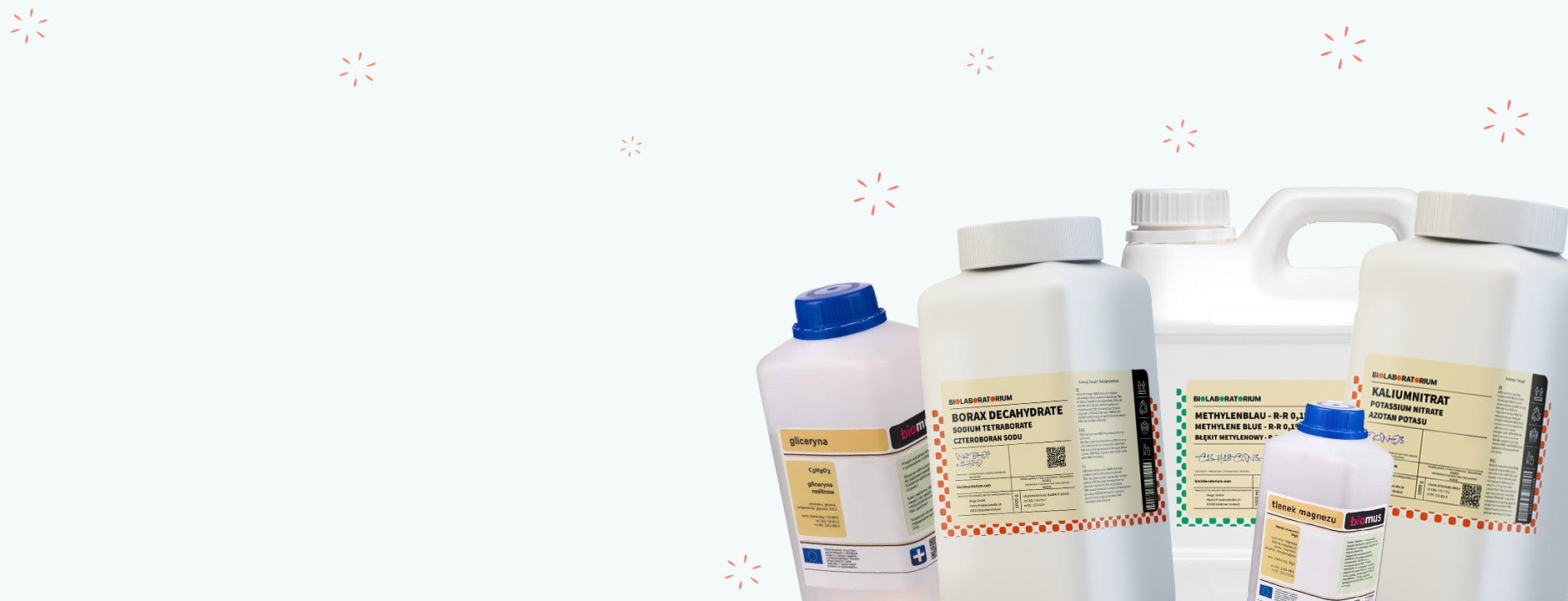Propylene Glycol – A Versatile Helper in Industry and Household
Propylene glycol is a versatile chemical substance used in numerous industries and even in households. As one of the technical glycols, propylene glycol has a variety of useful properties that make it a valuable raw material. In this blog post, we take a closer look at the properties, applications, and safety aspects of propylene glycol.
What is propylene glycol?
Propylene glycol, also known as 1,2-propanediol, is a colorless, odorless, and viscous liquid that belongs to the polyhydric alcohols. Chemically, it is a dihydric alcohol with the molecular formula C₃H₈O₂. Propylene glycol is soluble in water and has a boiling point of 188°C.
The production of propylene glycol is carried out industrially through the catalytic hydrogenation of propene, a byproduct of petroleum refining. Alternatively, propylene glycol can also be obtained from glycerin, which in turn is a byproduct of biodiesel production.
Properties and Applications of Propylene Glycol
Propylene glycol is characterized by a range of useful properties that make it a versatile raw material:
Solvent Property
Propylene glycol is a good solvent for many organic and inorganic substances. It can therefore be used as a solvent in paints, varnishes, adhesives, and cleaning agents.
Humectant
Due to its hygroscopic properties, propylene glycol can bind moisture and thus serve as a humectant in cosmetic products, foods, and tobacco products.
Freeze Protection
Propylene glycol lowers the freezing point of water and is therefore used as an antifreeze in cooling systems, de-icing fluids, and aircraft de-icers.
Preservation Property
Propylene glycol has a preservative effect and is therefore used as a preservative in foods, cosmetics, and pharmaceuticals.
Viscosity Regulation
The viscosity of liquids can be influenced by propylene glycol, making it a useful additive in hydraulic fluids, brake fluids, and lubricants.
Further Applications
In addition to the main applications mentioned, propylene glycol is also used as a plasticizer in plastics, as a refrigerant in air conditioning systems, as a solvent in pharmaceuticals, and as an additive in food.
Safety and Environmental Aspects
Propylene glycol is generally considered relatively harmless to humans and the environment. It is neither carcinogenic nor mutagenic and is well tolerated by the human body. However, contact with eyes and skin should be avoided, as propylene glycol can be irritating.
For the environment, propylene glycol is also non-critical. It is readily biodegradable and has no harmful effects on water bodies or soils. Only with improper disposal in larger quantities can local impairments occur.
Overall, it can be said that propylene glycol is an important and relatively safe industrial raw material thanks to its diverse properties and application possibilities. With proper handling and disposal, propylene glycol can be used safely and in an environmentally friendly manner.
Conclusion
Propylene glycol is an extremely versatile chemical substance with numerous applications in industry and household. As a technical glycol, it impresses with properties such as solvent power, moisture retention, and freeze protection. At the same time, propylene glycol is generally well tolerated and environmentally friendly. With proper handling and disposal, this multi-talent among chemicals can be used safely and efficiently.

